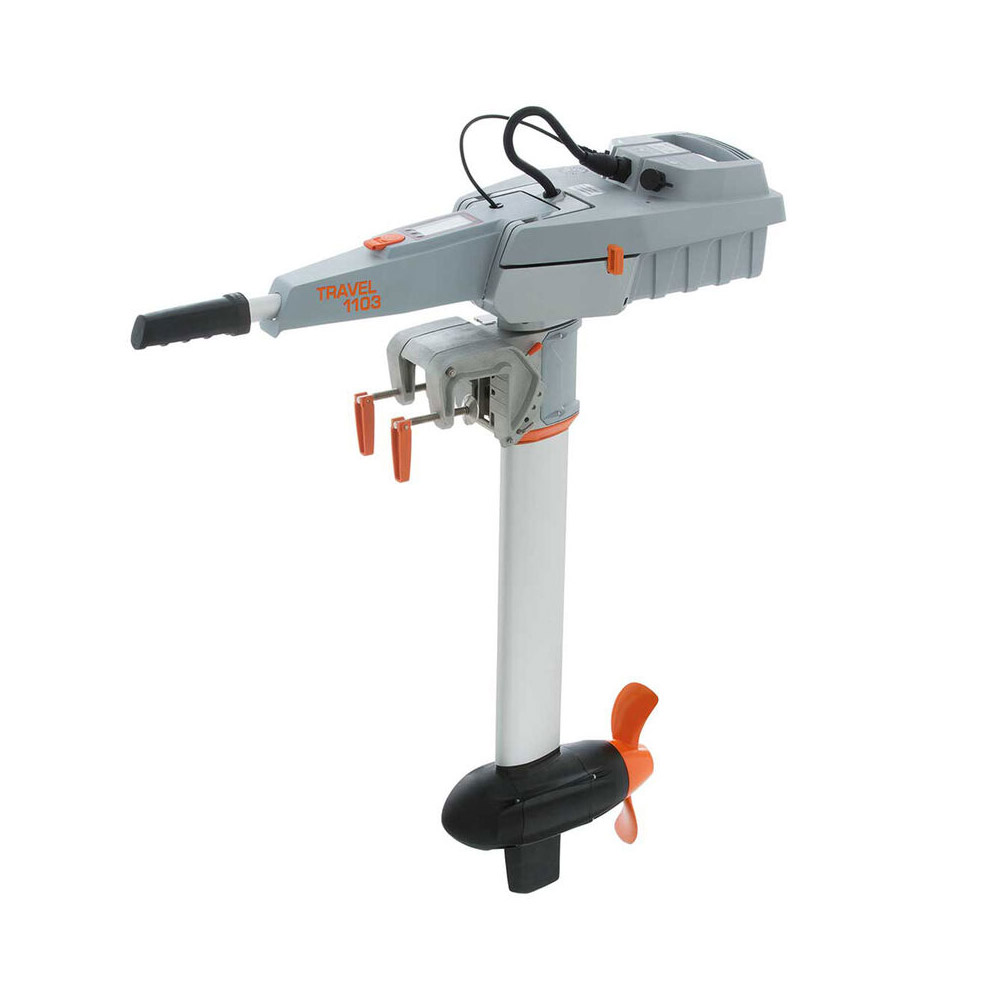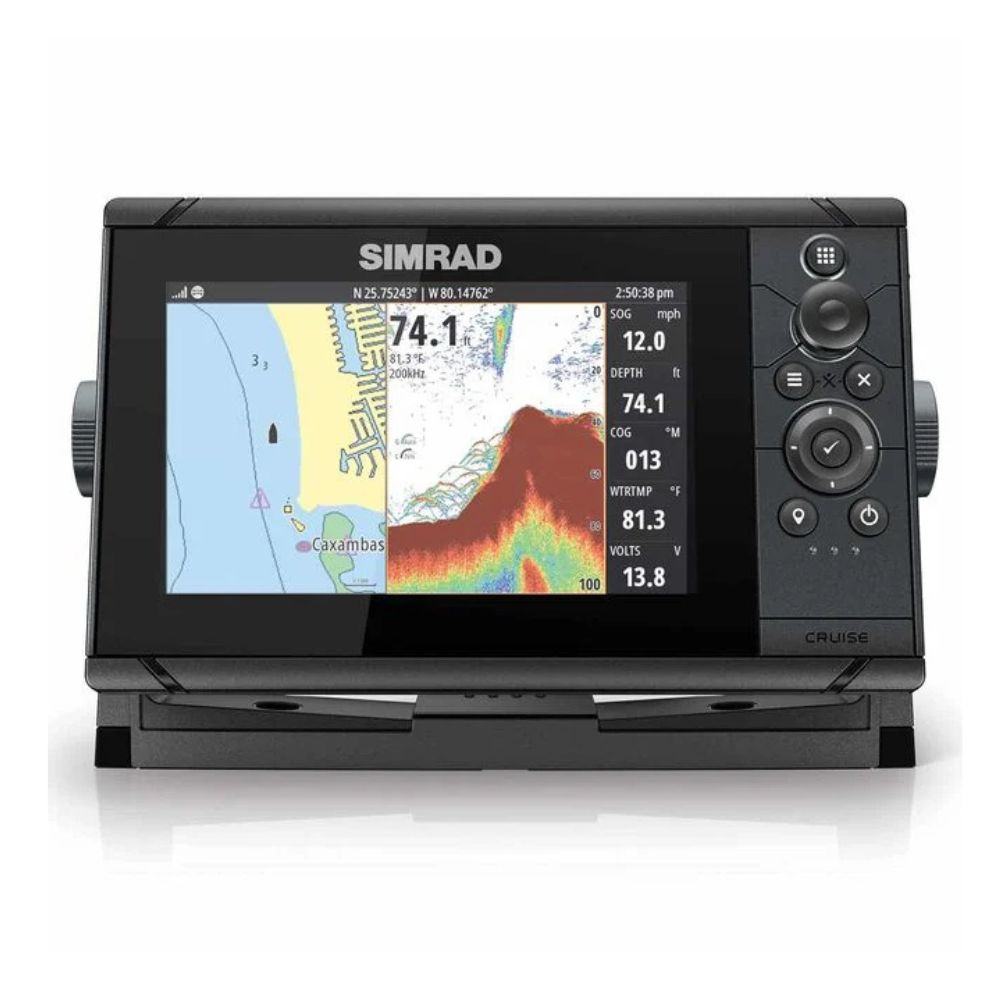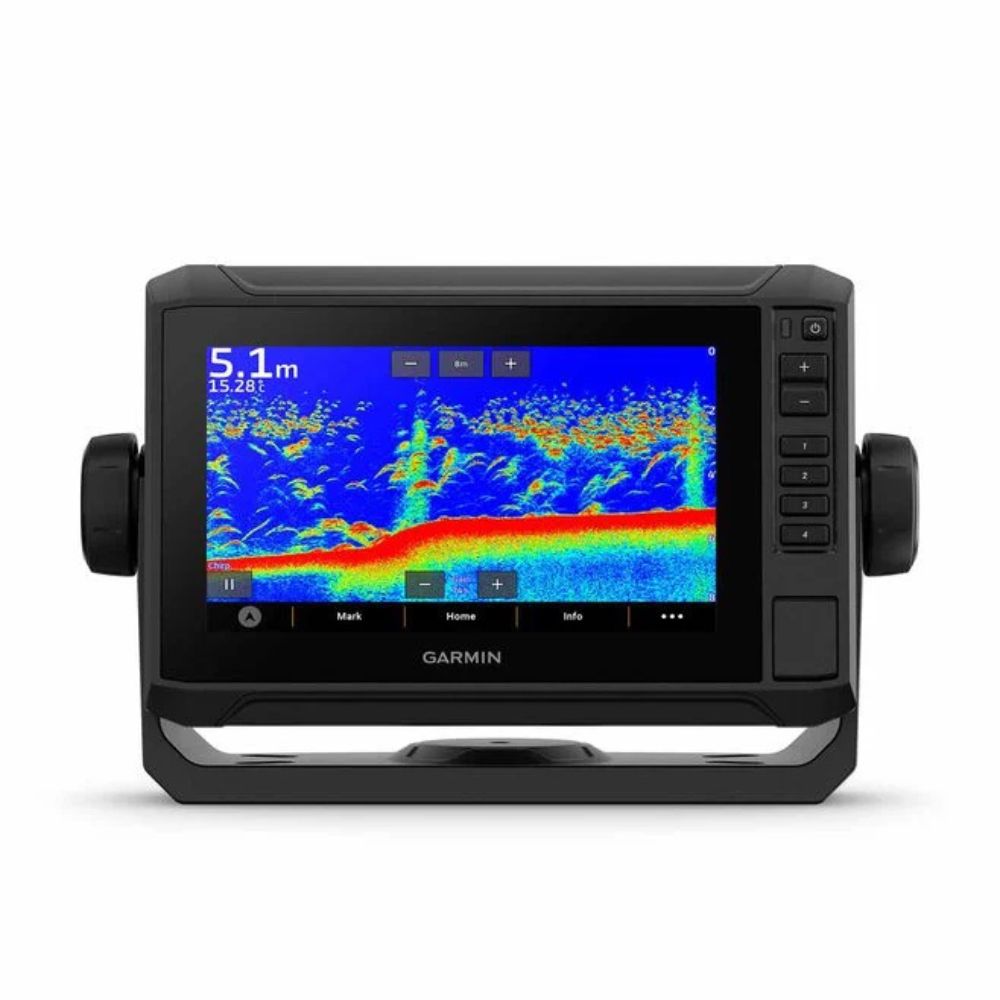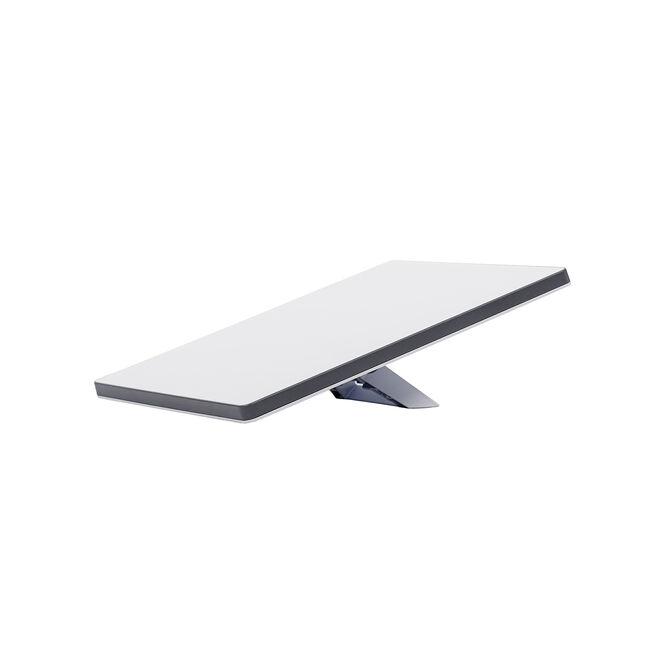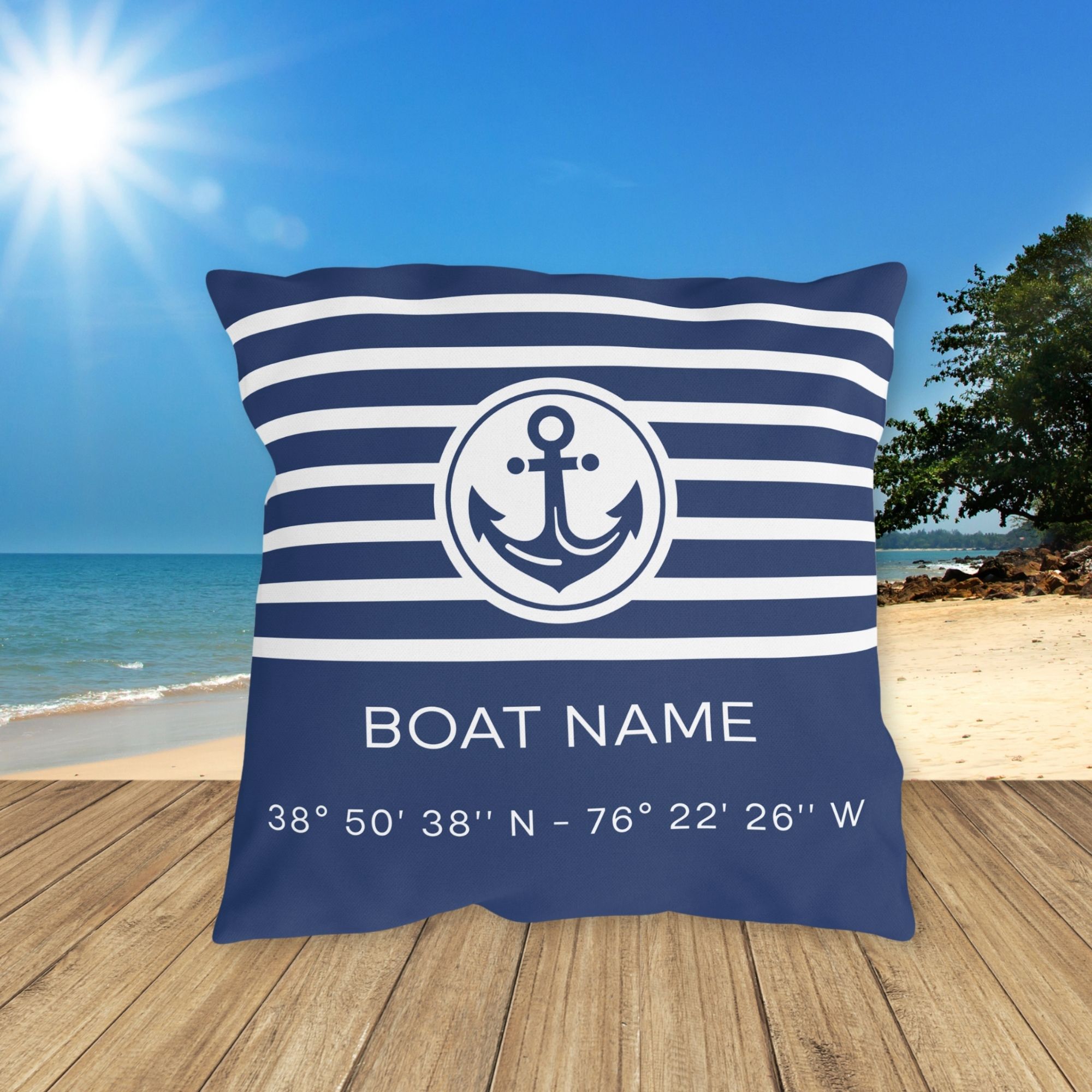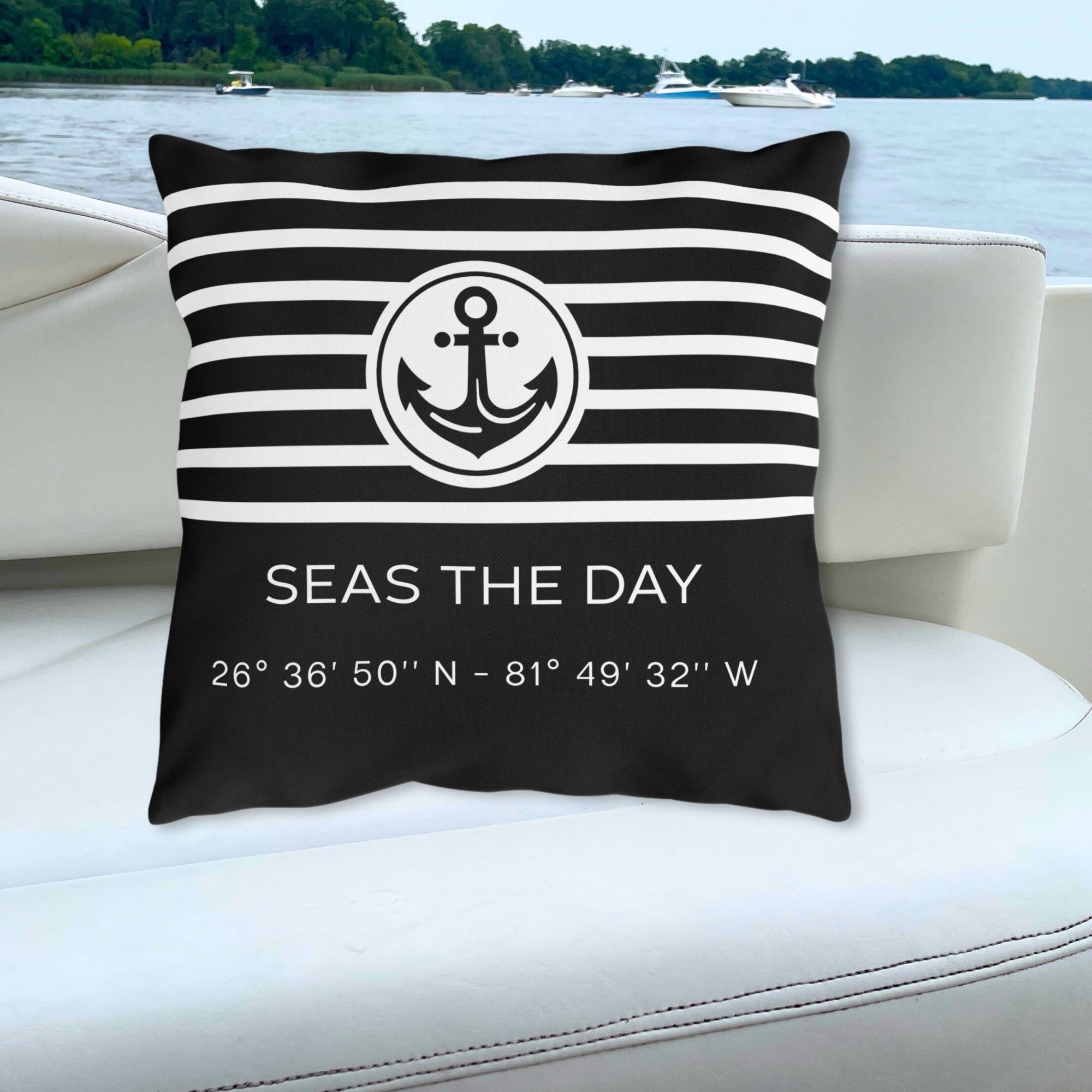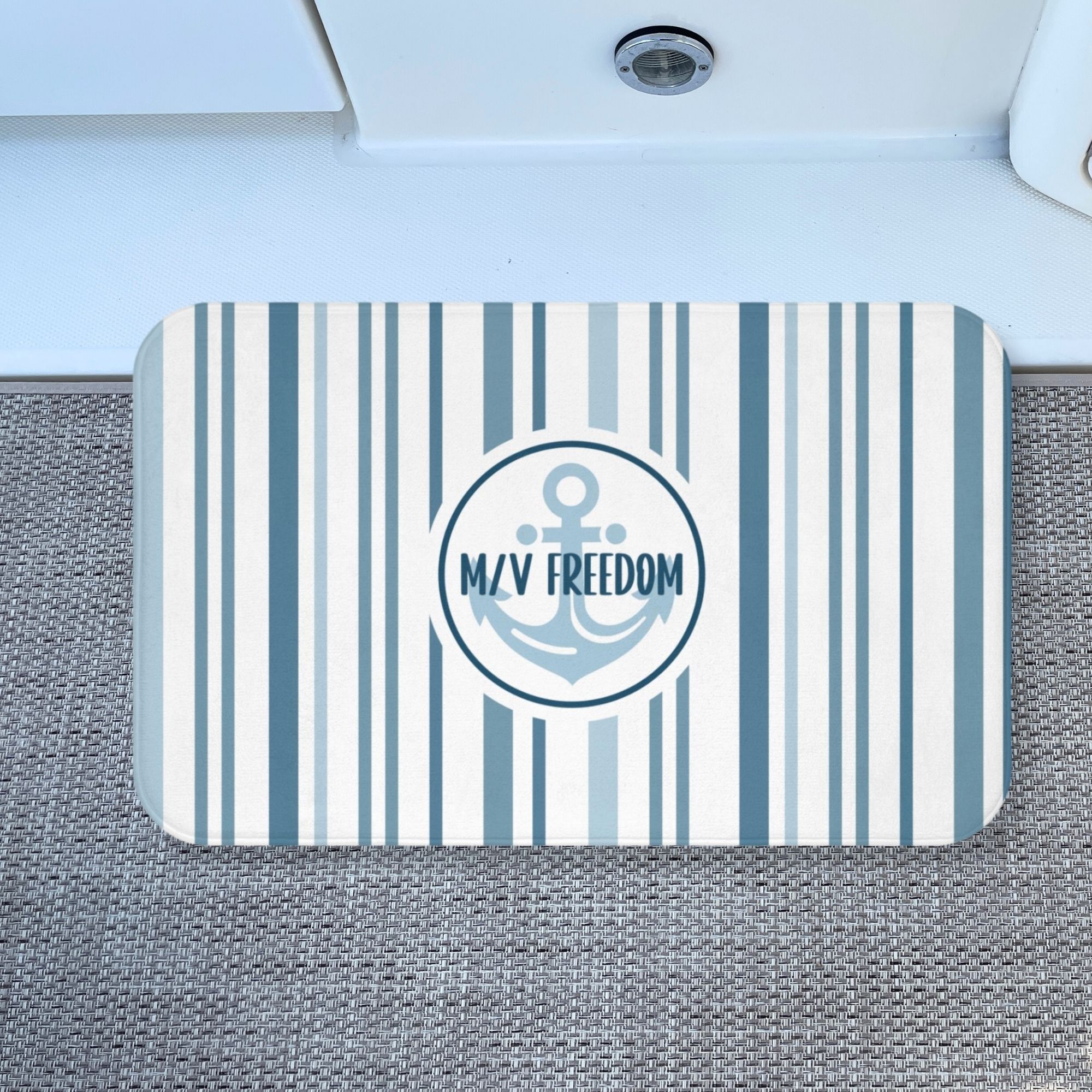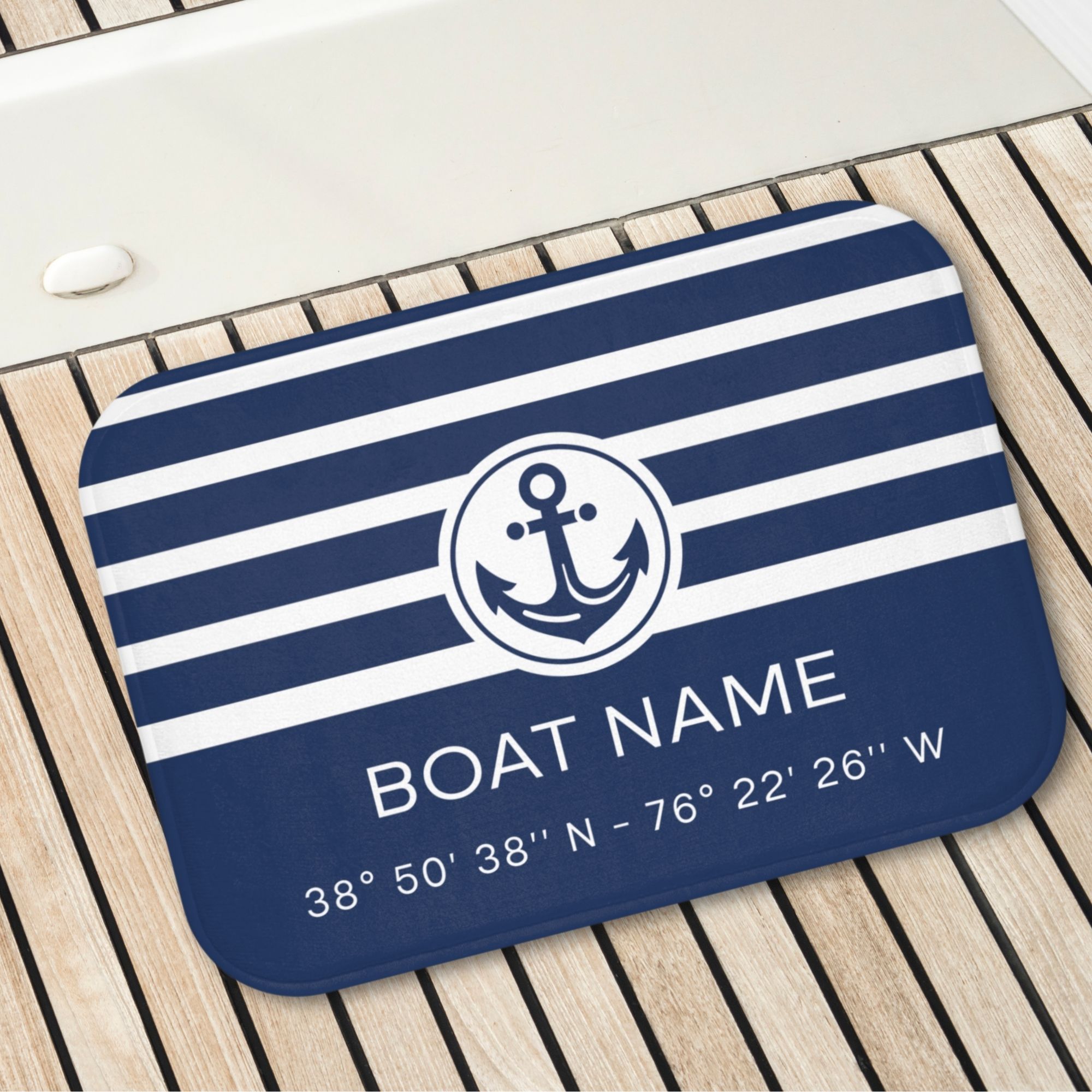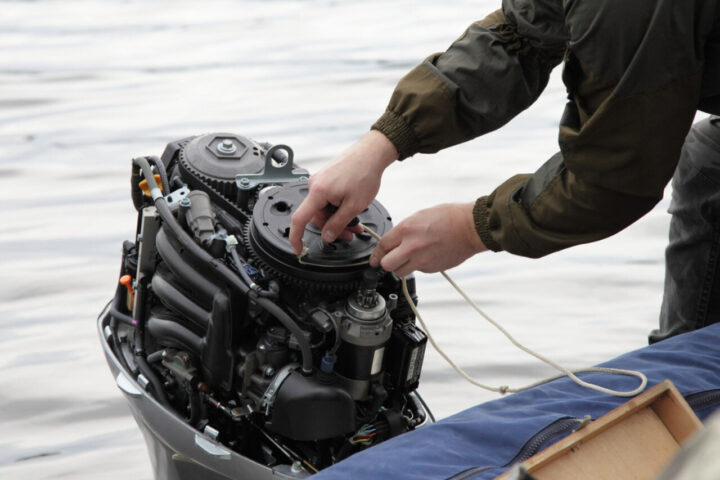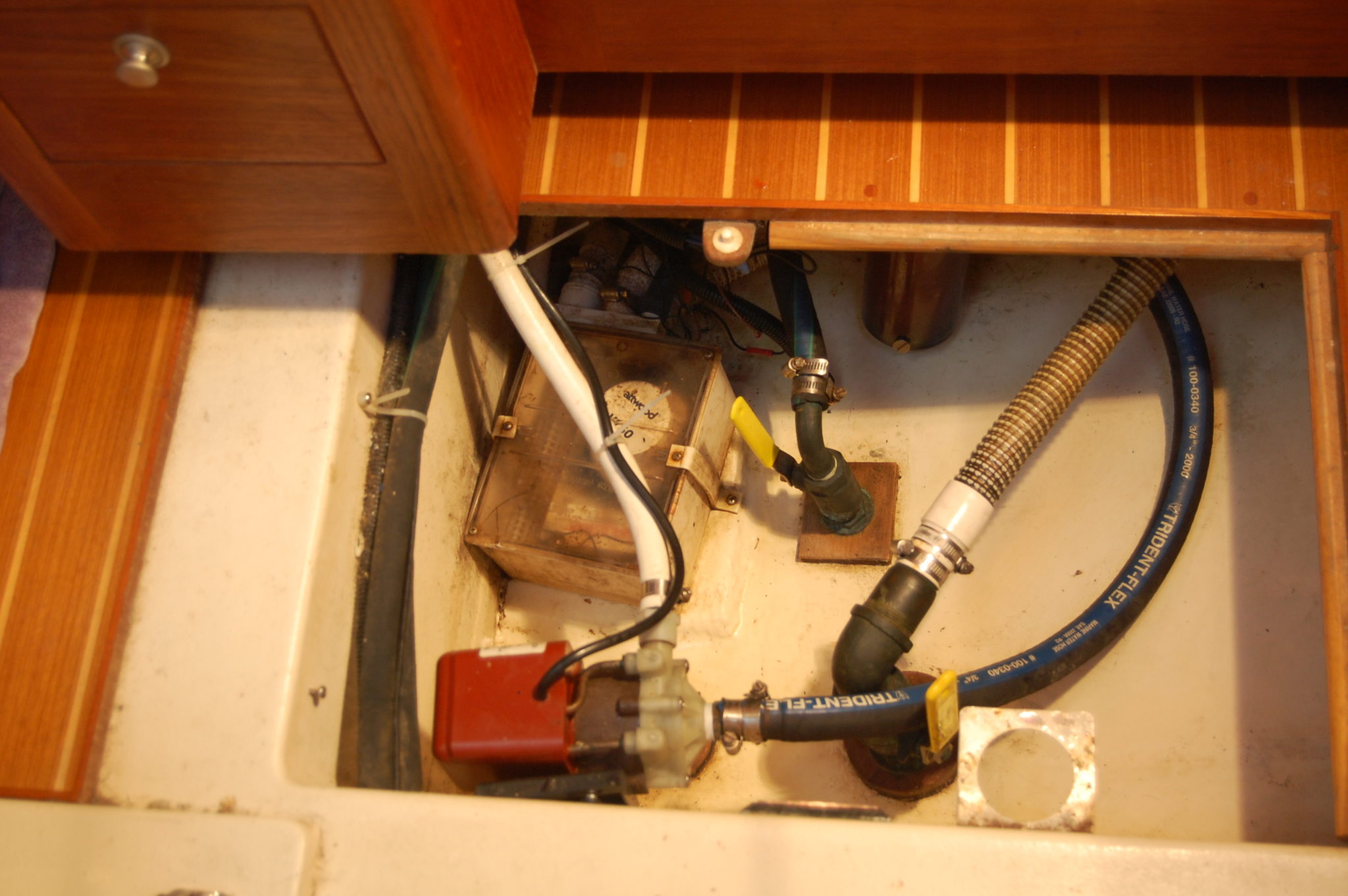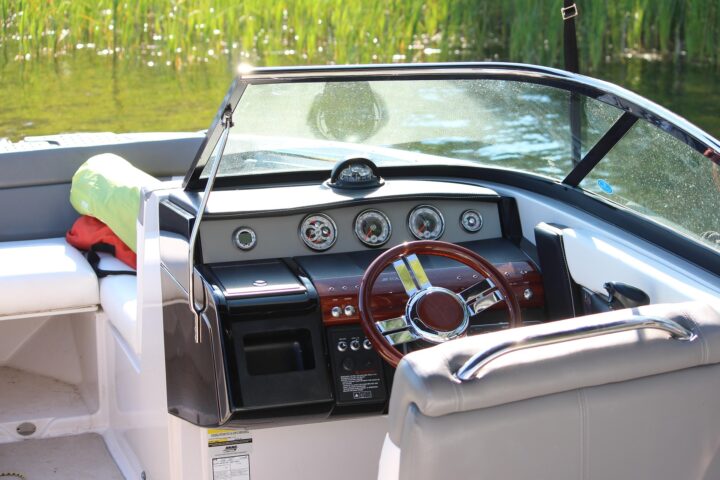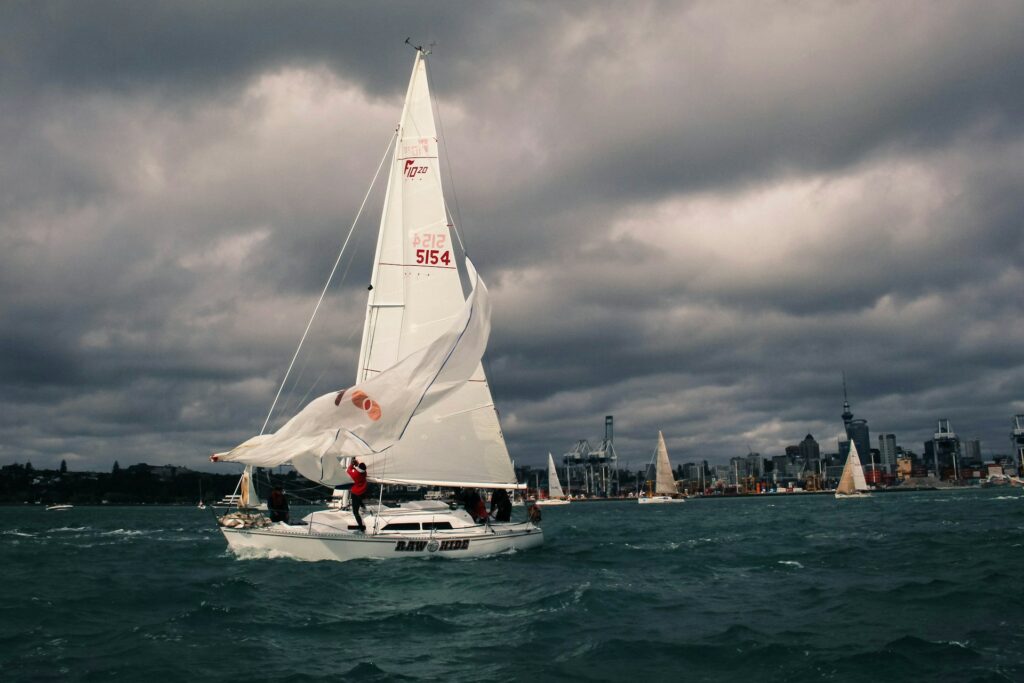
Boat storm damage can be minor or catastrophic – here’s how you can inspect your boat and systems for the severity of damage after a storm
After a severe storm, your boat might not be as ready to hit the open water as it was before the tempest struck. Making certain your boat is in shipshape after adverse weather is crucial for safety and functionality. Whether it’s moored at the marina or docked at your personal berth, a thorough inspection is absolutely necessary.
To help, here’s a comprehensive guide to examining your boat post-storm.
Inspect the Boat Visually
Start with a visual assessment of the entire boat. Check for obvious signs of damage — such as scratches, cracks or breaches — along the exterior. Be sure to look for any objects that might have collided with the vessel and caused damage, such as debris or dock equipment.
Check the Hull and Deck
Inspect the hull for any signs of water ingress or damage. If your boat was on water during the storm, look below the waterline for abrasions or punctures that could have occurred from floating debris. The deck should also be examined for loose fittings or damage to the rails, cleats or decking material.
Assess the Engine and Electrical Systems
Water and electricity are a dangerous combination. Inspect the electrical systems including the battery, wiring and connections for any signs of corrosion or water damage. Then, test the boat’s navigation lights, internal lighting and electronic equipment. If there’s an inboard engine, look for any signs of water in the fuel or oil. If you’re in the clear, start the engine to make sure it runs smoothly and there are no abnormal noises.
Evaluate Safety Equipment
Verify that all safety equipment is accounted for and in good working condition. This includes life jackets, fire extinguishers, flares and first aid kits. Replace any safety items that were damaged or are no longer functional.
Examine Sailboat Masts and Rigging
For sailboats, inspect the mast and rigging for any bent, broken or missing parts. You should also make sure that all fittings and fixtures are secure and that the lines are not frayed or weakened as the integrity of the mast and rigging is essential for sail performance.
Go Over the Bilges and Drainage
Check the bilges for excess water and confirm the bilge pump is operating correctly. Clear any debris that may block the bilges and drainage systems to prevent water from accumulating inside the boat, which can affect its buoyancy and stability.
Perform an Interior Inspection
Don’t forget to check the interior. Look for signs of leaks, water stains or mildew. You should do a smell test as well for gas, mold or other odors. If detected, find and eliminate the source of the smell. Next, test all the windows, hatches and doors to verify they seal properly. Lastly, look for any damage to the cabin’s furnishings and fixtures.
Review Important Documentation
Make certain that your boat’s documentation is up-to-date and accessible. That includes the registration, insurance paperwork and any necessary permits or licenses. It’s also a good time to go over your insurance policy to understand what damages or losses may be covered in the event of a storm.
Consider Boat Donation
If you find that your boat has sustained significant damage or you’re considering an upgrade, think about boat donation as an option. Donating your vessel can be beneficial in several ways. For those still in usable condition, donation can offer a new life through educational or charitable organizations. Even if the boat is not operable, various parts could be used to bring another vessel back to working order. Plus, donating can provide you with a tax deduction, depending on the charity and your tax situation.
Securing Your Boat’s Safety Post-Storm
Inspecting your boat thoroughly after a storm is vital for the safety and functionality of your vessel. By taking the time to go through each aspect and address any issues, you make certain that your return to the water is both enjoyable and safe. Remember, the sea does not forgive unpreparedness.
sources: Car Donations 4 Cancer, Herrington Harbour
Trending Now: Must-Have Boat Gear for Your Boat Life
-
Torqeedo Travel 1103 CS Electric Outboard Short Shaft
Quick ViewBuy on West Marine -
SIMRAD Cruise 7 Chartplotter/Fishfinder Combo
$569.00 Quick ViewBuy on West Marine -
Garmin ECHOMAP Fishfinder / Chartplotter Combo
$1,049.00 Quick ViewBuy on West Marine -
Starlink Mini Kit for High-Speed, Portable Internet on the Go
$599.00 Quick ViewBuy on West Marine
Trending Now: Custom Boat Decor
-
Boat Pillow with Boat Name & LAT LONG Coordinates
Quick ViewBuy on Etsy -
Boat Pillow with Boat Name & LAT LONG Coordinates- Black
Quick ViewBuy on Etsy -
Coastal Blue Stripes Bathmat with Anchor & Boat Name
Quick ViewBuy on Etsy -
Custom Boat Mat with Boat Name & LAT LONG Coordinates
Quick ViewBuy on Etsy
Disclosure: This site may contain links affiliated with companies where we receive compensation. Also, as an Amazon Associate we may earn from qualifying purchases we refer but it does not impact the price you pay. Full disclosure policy.

